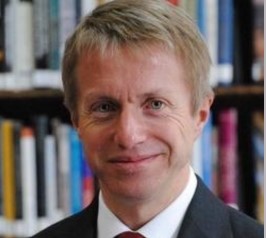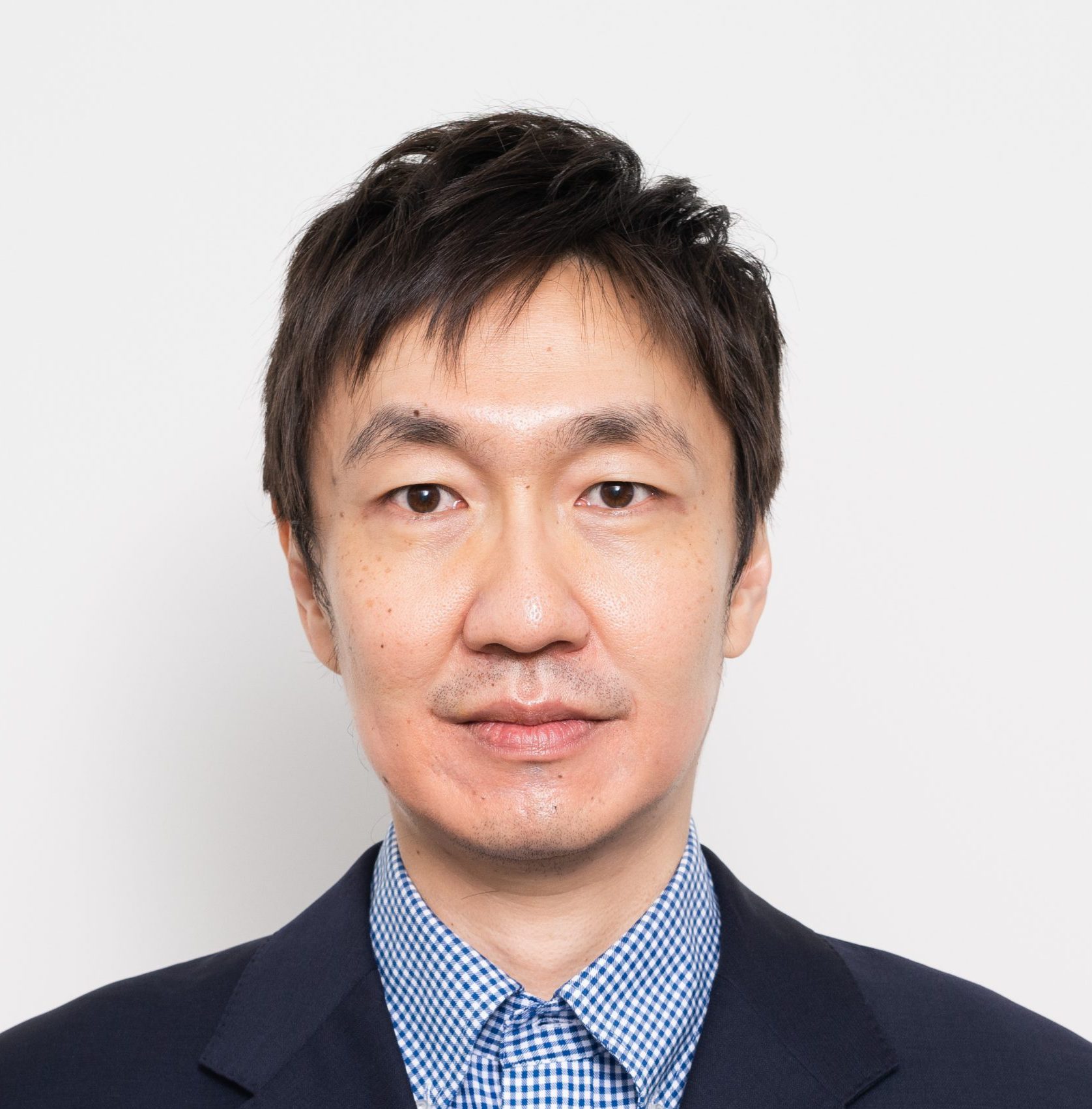Venue: Lecture Hall B, International Academic Research Building 4F, Hongo Campus
Moderator

Naosuke Mukoyama
Associate Professor
Institute for Future Initiatives
The University of Tokyo
Naosuke Mukoyama (DPhil, Oxford) is an Associate Professor of Security Studies at the Institute for Future Initiatives, University of Tokyo. Before joining UTokyo, he was a Postdoctoral Fellow at the Department of Politics and International Studies at the University of Cambridge. His research agenda broadly centers on the emergence and development of the sovereign state, covering state formation, resource politics, and historical international relations, mainly focusing on East/Southeast Asia and the Middle East.
Speakers

John Nilsson-Wright
Associate Professor
Faculty of Asian and Middle Eastern Studies (FAMES)
University of Cambridge
John Nilsson-Wright (formerly Swenson-Wright) is Associate Professor at the Faculty of Asian and Middle Eastern Studies (FAMES) at the University of Cambridge and an Official Fellow at Darwin College. He also is head of the Japan and Koreas Programme at Cambridge University’s Centre for Geopolitics. He is a graduate of Christ Church and St. Antony’s Colleges, Oxford, and SAIS Johns Hopkins University. He was Head of the Chatham House Asia Programme from March 2014 to October 2016 and has also been the Senior Research Fellow for Northeast Asia and Korea Foundation Fellow with Chatham House’s Asia-Pacific Programme. He is also a non-resident fellow at the Sejong Institute in Seoul, ROK; Senior Non-Resident Fellow at the Korea Centre, East Asia Institute, National University of Singapore (NUS); and a non-resident fellow at the Centre for North Korean Studies at the University of Vienna. He is a director of the UK-Japan 21st Century Group. His research focuses on Cold War history including US-Japan alliance ties, and the contemporary international relations and politics of Northeast Asia, with reference to Japan and the Koreas. In his policy work, he focuses on regional security and the changing nature of alliance relations in East Asia. He is currently writing a monograph on populism and identity politics as a contemporary and historical phenomenon in both Europe and Northeast Asia.

Yee-Kuang Heng
Professor
Graduate School of Public Policy
The University of Tokyo
Yee-Kuang Heng is Professor of International Security at the Graduate School of Public Policy, University of Tokyo. He holds a BSc (First Class Hons) and PhD in International Relations from the London School of Economics and Political Science (LSE). Dr Heng previously taught at Trinity College Dublin; the University of St Andrews, and the National University of Singapore. He was also senior academic visitor at Cambridge University’s Centre for the Study of Existential Risks. Current research interests include UK-Japan defense cooperation and Japan-Gulf relations.
